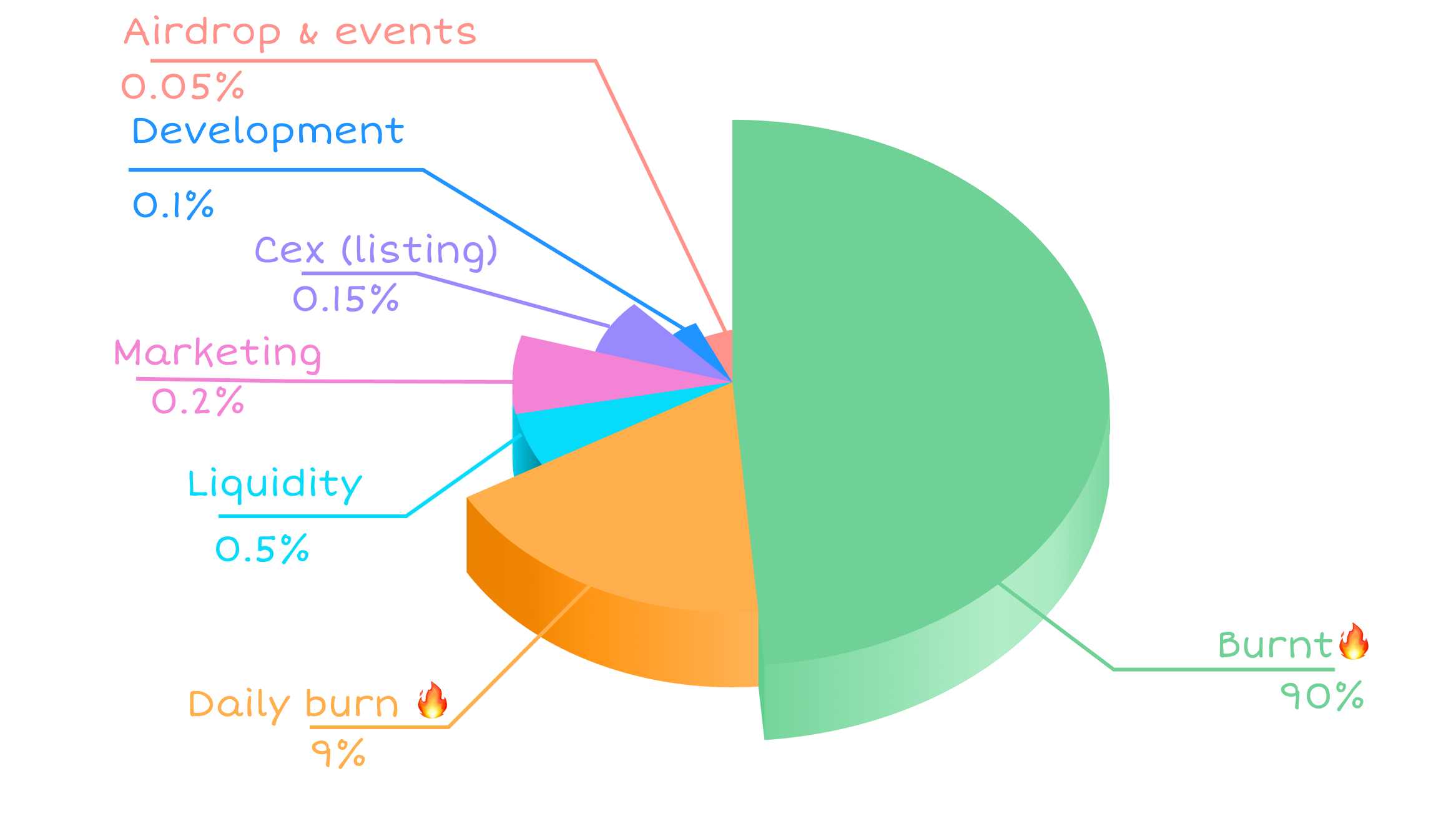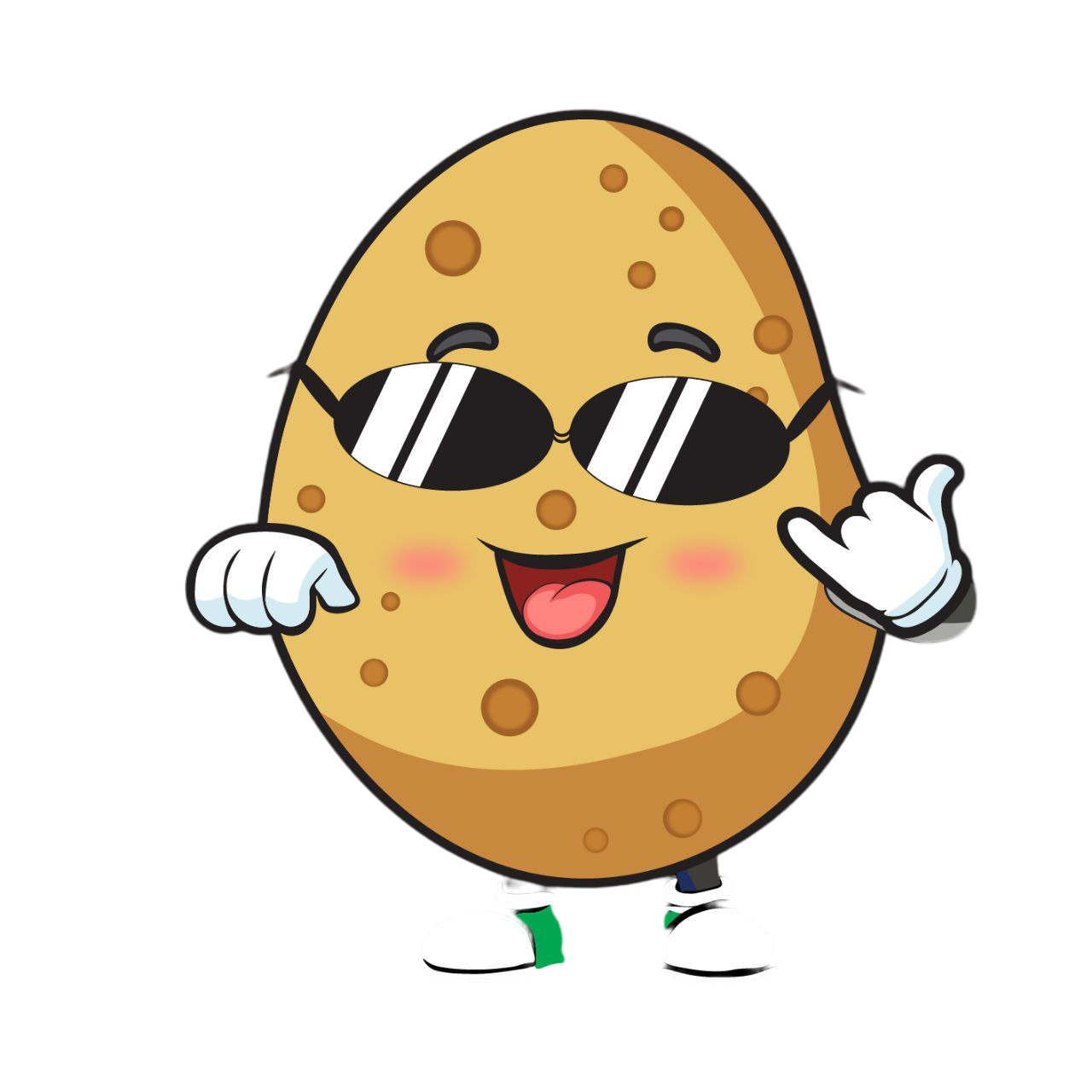Story
After all the memes we have seen over many years, here comes the potato, which, despite its importance, remains undervalued and often forgotten. The potato is an integral part of the cultures of all peoples on Earth throughout history. It has been a savior for humanity during famines and crises in various parts of the world.
Read MoreLess
Potatoes were first discovered about 8,000 years ago in the Andes Mountains in Peru, South America, where the indigenous people recognized the importance of potatoes due to their ability to be stored for long periods, unlike most other crops.
Potatoes then appeared in Europe in the 16th century, but initially, people rejected them, considering them unappetizing and undesirable. Despite this, potatoes spread and played a crucial role in feeding the growing European population. By the 18th century, potatoes had a significant role in the rise of Europe, providing a staple food that secured the continent for decades and centuries.
It is hard to overestimate the impact of potatoes on history. In the 19th century, a series of potato crop failures in Ireland led to a devastating famine that claimed the lives of over a million people and forced millions more to emigrate.
Today, potatoes are grown in almost every country in the world, in Europe, Asia, and Africa. They are an important crop for both small farmers and large agricultural companies, used in a variety of dishes from mashed potatoes and fries to potato chips and vodka.
Despite their widespread presence, potatoes face several challenges in the modern world. Climate change, diseases, and pests all threaten potato production and can have severe consequences for both farmers and consumers. Therefore, there is a continuous need for research and innovation in potato cultivation to ensure this important crop continues to play a vital role in the world’s food supply.
In terms of consumption, the average person consumes about 33 kilograms of potatoes annually, making it one of the highest human consumptions among all crops and food products.
As for the global trade volume of potatoes, in 2024, it reached about 116 billion dollars, and it is expected to reach 160 billion dollars by 2030.
Nutritionally, potatoes are considered one of the cheapest and most nutritious foods. The extent of their nutritional benefit can vary depending on how they are prepared, whether as a luxurious main dish, a simple side dish, appetizers, or even as a fast-food meal.
Some key figures in the story of potatoes includes:
- Explorer Christopher Columbus, who introduced potatoes to Europe, and subsequently to Asia and Africa, when he discovered them in 1492 during his voyage to the Americas.
- Economist Adam Smith, who criticized the traditional diet and encouraged everyone to increase their reliance on potatoes due to their nutritional value and benefits.
- King Frederick II, who planted potatoes in his private garden to popularize them among his people and highlight their value.

How to buy
Ready to get your hands on some spud-tastic Potatoes? Follow these simple steps to join the Potato party
1. Create a Wallet
Download MetaMask or Trust Wallet. Set it up to store your Potatoes 🥔💼
2. Load Up on ETH
Buy ETH on Coinbase or Binance and send it to your wallet 🌱💰
3. Swap ETH for Potato
Go to Uniswap, connect your wallet, and swap ETH for Potato 🍟✨ Contract address: 0xE812854f38Ed03D46CB295Db3855773DF955B3c2
4. Import Your Potato Token
Import the Potato token into your wallet using the token address 🥔📲
0xE812854f38Ed03D46CB295Db3855773DF955B3c2
Our Partners







More Coming Soon ..
Tokenomics

Roadmap
Phase 1
- Project Idea ☑️
- WhitePaper Write ☑️
- Website Development ☑️
- Professional Contract Deploy ☑️
- Community Start ☑️
- Burn system ☑️
- Launching ☑️
- Trending ☑️
- CG & CMC Fast Tracking ⌛
- 1,000 Holders ⌛
Phase 2
- Partnerships 😀
- Hard Campaign On Twitter & Telegram & Dex banners⌛
- Airdrop & Events ⌛
- Listing On minimum 2 From 5 ( Mexc & Bitmart & Bitget & Kucoin & Lbank ) ⌛
- Pota Swap ⌛
- Pota Bridge ⌛
- NFT Marketplace ⌛
- Support Burn System ⌛
- 10,000 Holders ⌛
Phase 3
- Big Partnerships With the most Popular influencers & Communities ⌛
- Pota Battle field 3D Game ⌛
- Support Burn System ⌛
- Listing On Tier 1 Cex ⌛
- 100,000 Holders ⌛
- Completely Eco-System ⌛

